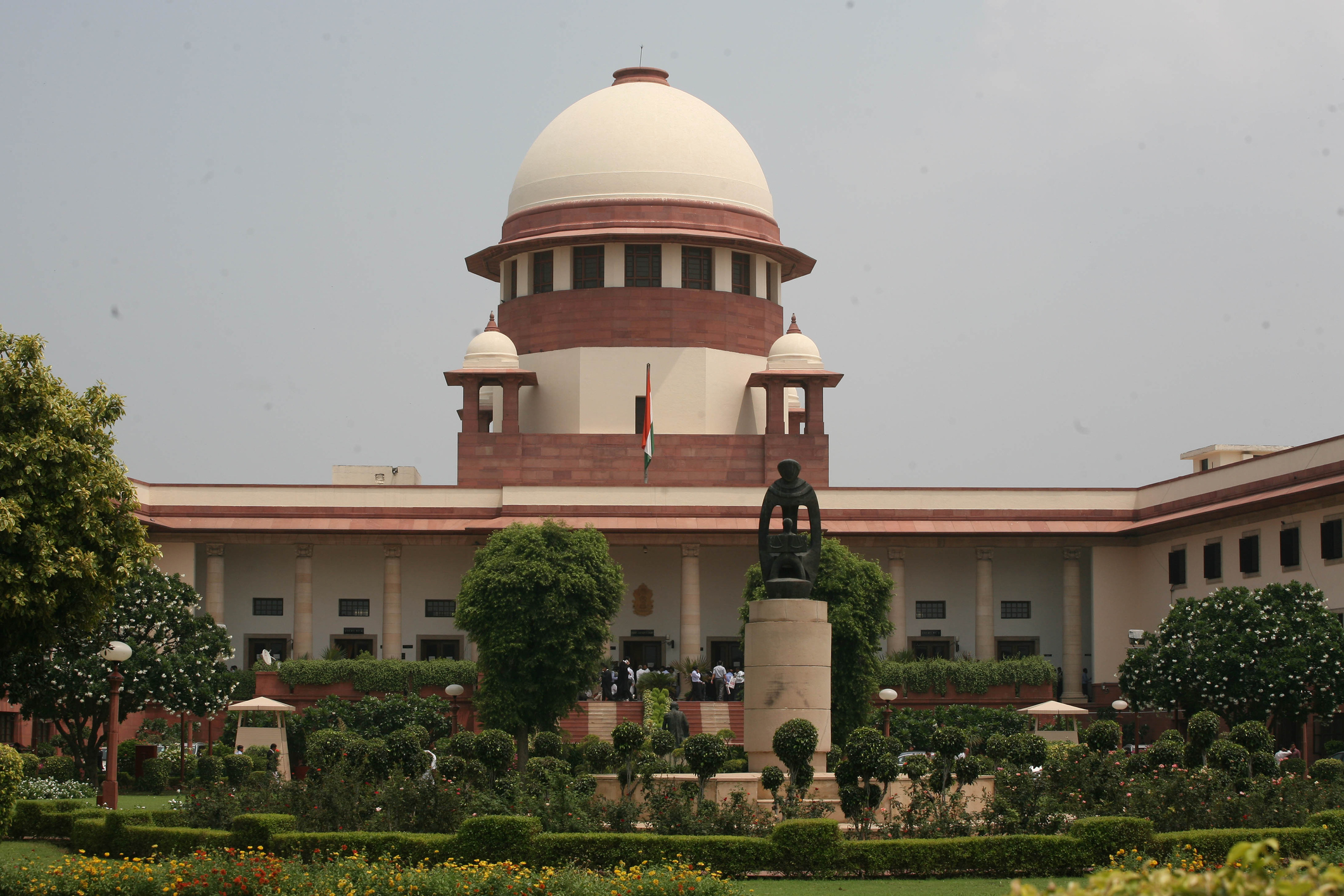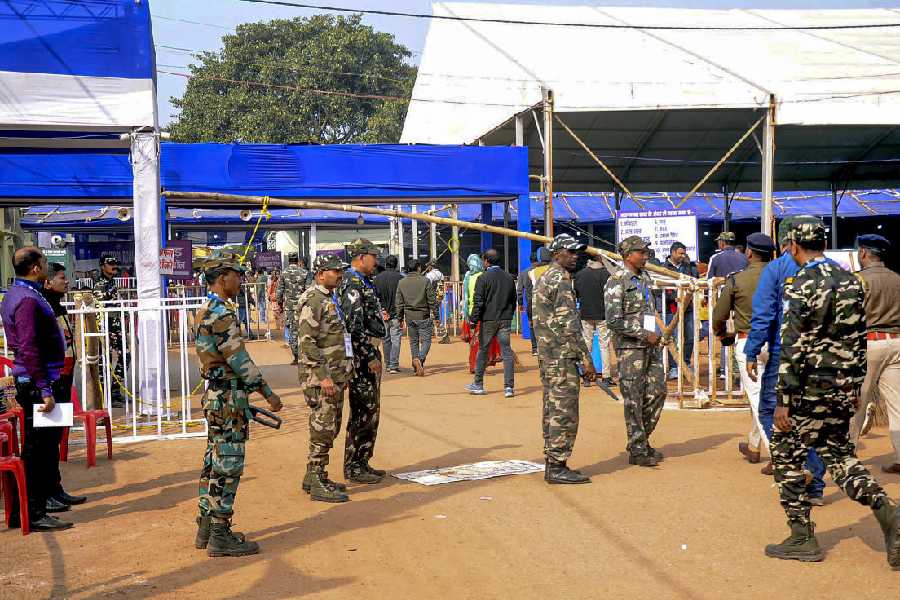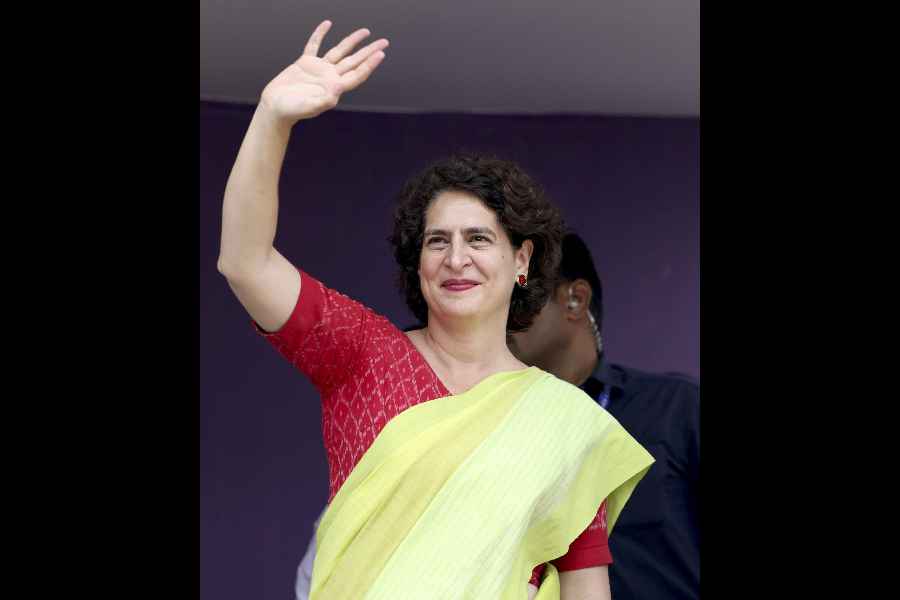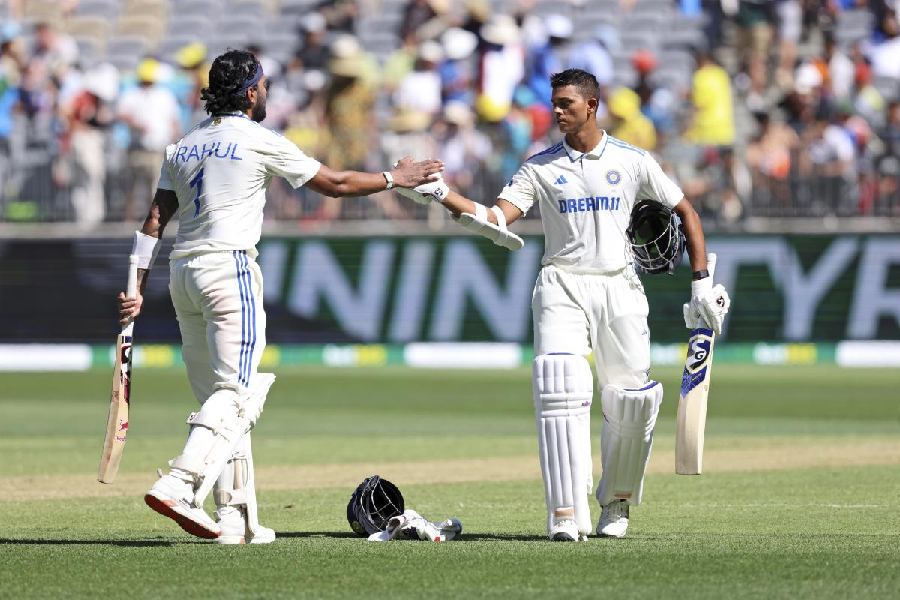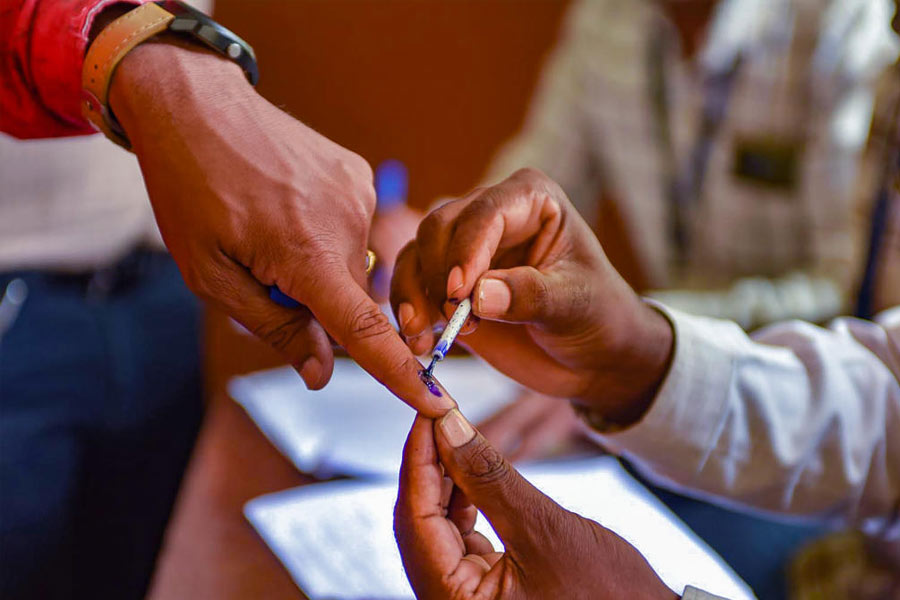The Supreme Court on Wednesday dismissed a lady advocate’s plea for a judge’s withdrawal from a bench hearing her case, bringing the curtain down on a saga of 31 recusals by judges including three of the top court.
Justice A.M. Khanwilkar — who was heading the bench and whose recusal the advocate had sought — said a judge cannot recuse just because a litigant or an advocate wanted so. Such pleas have to be backed by sound logic, he said.
“Indubitably, it is always open for a judge to recuse at his own volition from a case entrusted to him by the Chief Justice. But, that may be a matter of his own choosing,” the bench of Justices Khanwilkar and Ajay Rastogi said.
“Recusal at the asking of the litigating party cannot be countenanced unless it deserves due consideration and is justified.”
The advocate, Seema Sapra, had wanted Justice Khanwilkar to recuse on the ground that the judge was close to two senior advocates she had accused of sexually harassing her.
“It must never be forgotten that an impartial judge is the quintessence for a fair trial and one should not hesitate to recuse if there are just and reasonable grounds. At the same time, one cannot be oblivious of the duty of a judge, which is to discharge his responsibility with absolute earnestness, sincerity and being true to the oath of his/her office,” Justice Khanwilkar said.
The bench, however, stayed a judgment of Delhi High Court that had held Sapra guilty of contempt and punished her with a month’s imprisonment and a fine of Rs 2,000.
In its December 2015 order, the high court had also restrained Sapra from arguing as an advocate or in-person, that is appear in a case she herself has filed, except in this particular case, before any bench of the court or any court or tribunal subordinate to the high court for two years.
The high court had held Sapra guilty of contempt for calling one of its judges, Justice Vibhu Bakhru, corrupt and asking him to recuse from a petition she had filed in 2012.
Sapra had accused a multinational company of unfair business practices and the two senior advocates — who had appeared for the MNC — of harassing her and trying to poison her.
She succeeded in getting 28 judges of the high court to recuse by expressing lack of faith in them before the high court convicted her of contempt in 2015. The court had suspended the sentence for three months, allowing her to appeal in the apex court.
At the Supreme Court, too, Sapra succeeded in getting three judges and two senior advocates — Vikas Singh and Pinky Anand — to recuse, saying she lacked faith in them. The matter finally came up before the bench headed by Justice Khanwilkar, where Sapra sought the judge’s recusal.
The judge rejected her plea. “After perusal of the assertions made in the stated I.A.s (interim applications), we have no hesitation in observing that the same are devoid of merit and without any substance,” Justice Khanwilkar, who authored the judgment, said. “To observe sobriety, however, we say no more.”

